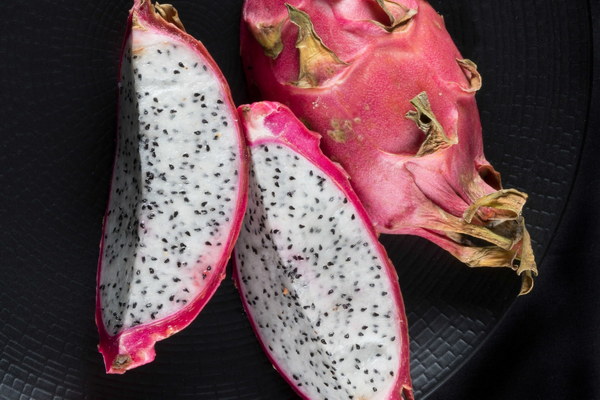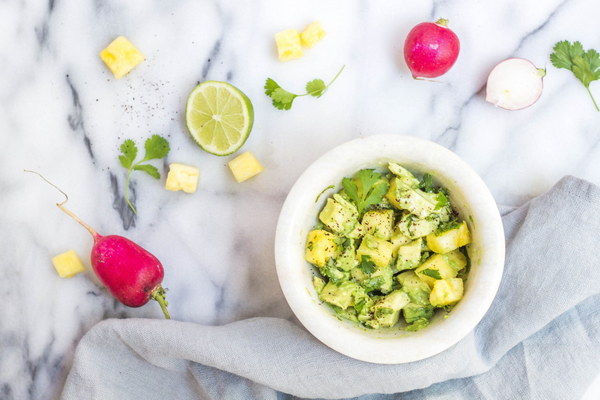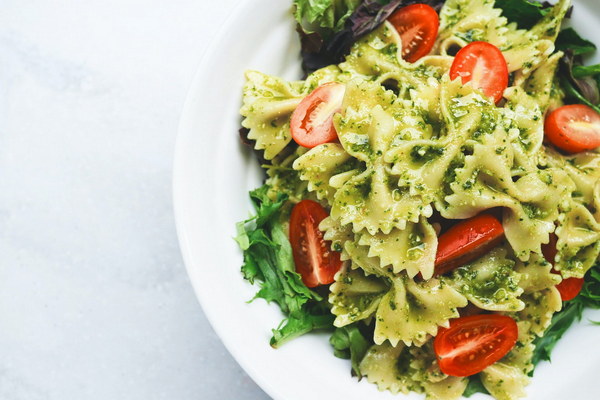Cultivating Mental Clarity and Physical Wellbeing The Taoist Approach to Mindfulness
In the fast-paced modern world, the art of finding mental clarity and physical well-being is often overshadowed by the chaos of daily life. However, the ancient Taoist philosophy offers a profound path to achieve inner peace and balance. By embracing the principles of Taoism, individuals can learn how to cultivate mindfulness and enhance their overall well-being. This article delves into the core concepts of Taoism and provides practical ways to integrate them into daily life.
At the heart of Taoist philosophy lies the concept of wu wei, which translates to effortless action or non-action. This principle teaches that true harmony and balance can be achieved by harmonizing with the flow of the universe and letting go of excessive effort. By adopting this mindset, individuals can cultivate mental clarity and physical well-being in the following ways:
1. Embrace simplicity and minimalism:

Taoism emphasizes the importance of living a simple and modest life. By reducing the clutter in our lives and focusing on what truly matters, we can create a space for mental clarity and physical well-being. This can be achieved by decluttering our living spaces, simplifying our daily routines, and letting go of material possessions that no longer serve us.
2. Practice mindfulness:
Mindfulness is a key component of Taoist philosophy. It involves being fully present and aware of the present moment, without judgment or attachment. To cultivate mindfulness, one can engage in various practices such as meditation, yoga, or simply taking a few moments each day to breathe deeply and observe their thoughts and sensations without reacting to them.
3. Honor the natural rhythms:
Taoism teaches that the universe operates according to a set of natural rhythms and cycles. By aligning ourselves with these rhythms, we can enhance our mental and physical well-being. This can be achieved by paying attention to the changing seasons, rising with the sun, and going to bed when it's dark. Additionally, embracing the natural rhythms of our bodies, such as eating when we're hungry and resting when we're tired, can help us maintain a state of balance.
4. Cultivate inner peace:
Inner peace is a fundamental aspect of Taoist philosophy. To cultivate inner peace, it's essential to let go of attachment, resentment, and the desire for control. By embracing the concept of wu wei, we can learn to accept things as they are and find contentment in the present moment. This can be facilitated through practices such as mindfulness, meditation, and engaging in activities that bring joy and relaxation.
5. Connect with nature:
The Taoist philosophy emphasizes the importance of living in harmony with nature. By spending time in natural settings, such as parks, forests, or beaches, we can ground ourselves and connect with the universal energy. Engaging in activities such as hiking, gardening, or simply sitting under a tree can help us cultivate mental clarity and physical well-being.
6. Foster self-awareness:
Self-awareness is a crucial aspect of Taoist philosophy. By taking the time to reflect on our thoughts, emotions, and behaviors, we can gain insight into our patterns and habits. This can help us identify areas for growth and make necessary changes to improve our mental and physical well-being. Practices such as journaling, meditation, and seeking feedback from others can support self-awareness.
By embracing the Taoist principles of simplicity, mindfulness, and harmony with nature, individuals can cultivate mental clarity and physical well-being. It's essential to remember that the journey towards balance is a continuous process, and it requires patience, persistence, and a willingness to let go of attachment. As we integrate these principles into our daily lives, we'll find ourselves becoming more centered, joyful, and at peace with the world around us.









